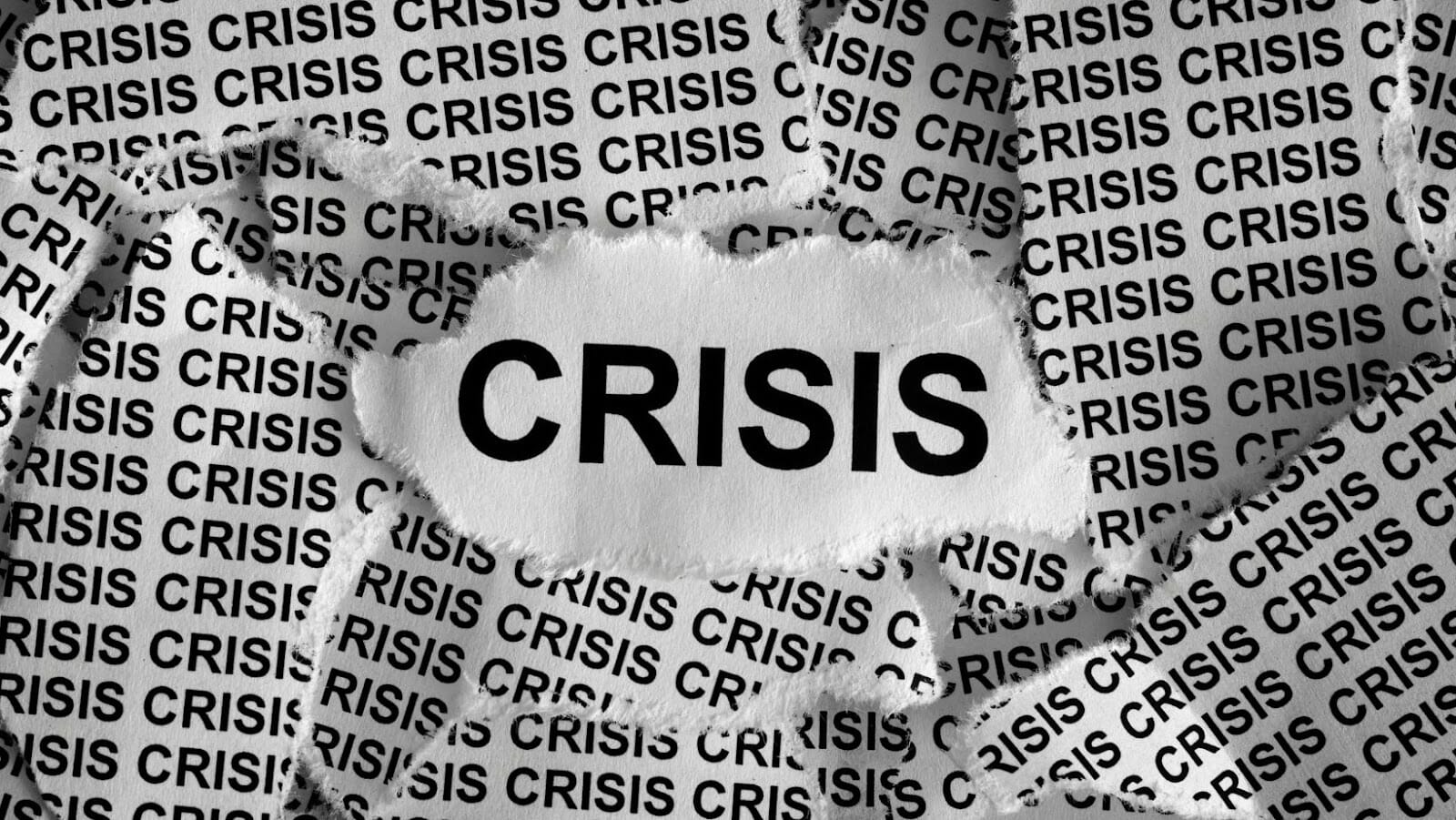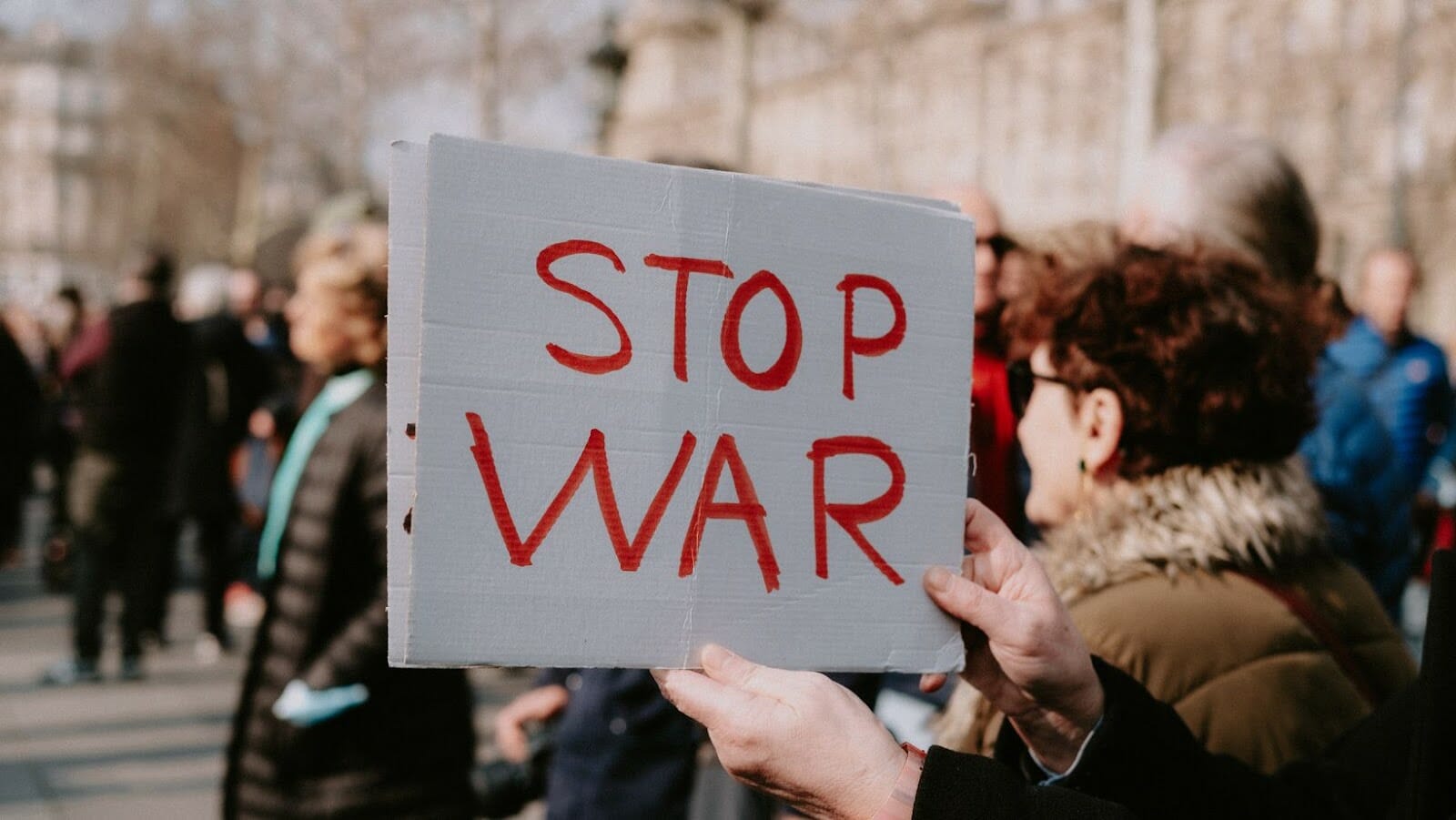
On the 6th of April, the US warned China against providing military help to Russia during the Ukraine crisis. This is the latest move in a series of geopolitical and diplomatic machinations between the US and Chinaon the one side, and Russia and its allies on the other.
In this article, we will look at the implications of this US warning and the importance of US-China relations in this matter.
Background of the Ukraine crisis
The conflict in Ukraine dates back to 2014, when demonstrations began in response to the toppling of pro-Russian President Viktor Yanukovych. This sparked a political crisis between Ukraine and Russia that lasted more than five years. As a result of Russia’s annexation of Crimea and its support for separatist rebels in eastern Ukraine, the West has imposed economic sanctions against Russia.
In recent weeks, reports have suggested that China could soon supply military planes to help Russian forces carry out their regional operations more effectively. Russia and China have denied the reports, but these actions have prompted U.S. Secretary of State Antony Blinken to warn Beijing against such moves. Under current international law, such an act could be considered a violation of Ukraine’s sovereignty and a breach of international security norms.
It is unclear what further implications this could have for US-China relations or how it would impact efforts to peacefully resolve the crisis in Ukraine.
Ukraine crisis: US warns China against helping Russia
Amid the ongoing Ukraine crisis and Russia’s increasing military aggression, the United States has warned China against providing military assistance to Russia.
The US State Department said in a statement that helping Russia to escalate the crisis in Ukraine would be detrimental to regional stability and would also increase the risk of further escalations in the conflict.
This article will discuss the reasons behind the US warnings and their implications.
US’s warning to China against helping Russia
The United States government has warned China against helping Russia modernise its military capabilities. In a press briefing on Wednesday, Secretary of State Mike Pompeo expressed deep concerns over the potential of Chinese assistance to bolster Russia’s military capabilities.
“We will not forget that Russia is an adversarial power and we are deeply concerned with reports that it is seeking foreign assistance in its efforts to upgrade its defence systems and build more advanced weapons,” said Pompeo.
The State Department has called on China to follow UN Security Council resolutions and cease all weapon transfers and activities that violate international norms and UN resolutions regarding arms programs. The US is especially concerned about Chinese help constructing advanced nuclear-capable specialised submarines and other electronics warfare systems which could increase the threat posed by Russian forces in Europe. If Beijing does not comply with US warnings, then economic sanctions may follow, potentially leading to a deterioration of the diplomatic relationship between allies the US, UK and China.
Pompeo warned: “Russia’s actions will not go unanswered if it continues down this path of violating international rules – both other countries assisting and those receiving it should understand that there will be consequences for such actions.”
US’s stance on the Ukraine crisis
The United States has clarified that it does not condone Russia’s recent military action in Ukraine. In the face of a possible military escalation, the US has warned China against providing support or assistance to Russia in its efforts to destabilise the region.
In addition, the US has accused China of having a direct hand in attempting to undermine Ukraine’s sovereignty by not condemning Russia’s actions. The US is also concerned with China’s insistence on attempting to withhold strong diplomatic measures aimed at deterring further Russian aggression.

The US State Department declared, “We urge China’s leaders…to cease any further aid or assistance that would fuel further destabilising activities.” Furthermore, they have issued multiple warnings against offering any help that could serve as a lifeline for Russian forces attempting to establish their presence in Ukrainian territory.
The American stance on this matter is one of firmness and clearly shows a desire for multilateral solutions led by respected international organisations such as the United Nations and NATO. Therefore, the US is urging all countries involved (including China) to do their part by upholding international law and restraining from aiding harmful foreign interventions that violate worldwide treaties and norms.
China’s Response
Amidst the escalating Ukraine crisis, the US government has warned China against helping Russia by supplying military and economic assistance. This warning follows a series of sanctions and threats imposed by the US and its allies against Russia, as they accuse Moscow of annexation of Crimea and destabilising the region.
The current question is how will China respond to US warnings? But, first, let us explore what options Beijing may have.
China’s response to the US’s warnings
In response to the US’s warnings against helping Russia with military, political and economic support, the Chinese Foreign Ministry expressed China’s position that it has always maintained open, transparent communication and cooperation with other countries based on mutual respect for sovereignty, equal benefit and non-interference in each other’s internal affairs.

The Chinese Foreign Ministry stated that using diplomatic threats against other nations is not helpful. The Chinese government emphasised that any international relations must be bilateral and should not be handled within a framework of speaking harshly or making veiled threats.
The Chinese Foreign Ministry also pointed out that as permanent members of the United Nations Security Council, China and Russia have important responsibilities in maintaining global peace and security. The ministry also clarified China’s neutrality on disputes between the US and Russia, stating that it was “up to the parties involved” to resolve those disputes.
China’s position on the Ukraine crisis
China has persistently sought to downplay the Ukrainian crisis and maintain neutrality in the conflict between Russia and Ukraine. Despite the United States’ warnings to avoid becoming involved in regional disputes, China continues to resist pressure and assert its interests on this issue.
The Chinese government has clarified that it opposes any military intervention by outside forces in the Ukraine crisis, and has called for diplomatic solutions instead. Furthermore, Beijing believes the conflict should be addressed through peaceful negotiations between concerned parties. Accordingly, it has put forward its ‘dual-track approach’ which seeks a political settlement of disputes through dialogue and consultations.
China’s stance reflects their “perception of shared interests with Russia” and a desire to avoid contributing to further destabilisation in an already volatile region. Furthermore, China has reaffirmed its support for Ukraine’s sovereignty, independence, stability as well as respecting territorial integrity on numerous occasions.
In addition, despite requests from Russian President Vladimir Putin to publicly support Russia’s annexation of Crimea, Chinese authorities chose not to express any opinion on the matter during a press briefing held by foreign ministry spokeswoman Hua Chunying. China also abstained from voting when UN General Assembly Resolution 68/262 was adopted on March 27th 2014 declaring Russian acts illegal following claims that Moscow had violated Ukrainian law by taking control of Crimea without permission from Kyiv.
Despite some powers’ requests for China to take an alignment towards either side during this crisis, China remains semi biassed towards both sides so far throughout yet showing more indications towards neutrality than previously witnessed during other similar disputes historically speaking.
Impact of US Warnings
Recently, the US warned other countries, including China, against helping Russia in the Ukrainian crisis. This move has been seen as a sign of the US’ unwavering stance against its arch-rival.
The US’ warnings to international countries are likely to have far-reaching consequences and are sure to play a pivotal role in shaping the geopolitical landscape.
Impact of US warnings on China-Russia relations
The warnings issued by the United States to China against helping Russia with its energy project have brought a sharp reaction from Chinese foreign policy. US warnings have strained the relations between China and Russia, which could escalate into an open conflict unless both nations find a satisfactory resolution soon.

Russia had requested China’s assistance regarding an energy project it was developing, but the US threatened sanctions against Chinese companies who cooperated with the Russians. This has immediately affected Chinese foreign policy, as Beijing has taken a more neutral stance on issues concerning Russia and the US to protect itself from possible ramifications.
The impact of this frosty diplomatic stand-off on Sino-Russian relations has been felt in numerous ways. Sources claim that certain areas of cooperation between the two countries have noticeably decreased, especially regarding defence and military affairs. In addition, Russian government sources assert that their activities are being monitored in some capacity by their Eastern counterparts, creating an atmosphere of mistrust between them. The heightened tension could also negatively affect negotiations regarding issues such as oil fields in disputed regions—which could prove detrimental to both countries.
Ultimately, since both China and Russia boast impressive economies, it would be unwise for either country to suffer long term losses due to strained relations that result from US warnings or sanctions against them relating to cooperation on energy projects. Therefore, both parties will likely seek compromise behind closed doors to avoid letting diplomatic differences cause instability and further damage their economic interests.
Impact of US warnings on the Ukraine crisis
The United States has recently warned China against supporting Russia with its actions in the Ukraine crisis. American presidents and powerful political representatives have sent messages warning China against engaging in activities that could aggravate the situation in Ukraine by offering military support to Russia. This has created a degree of tension between the two countries, and its implications may be seen throughout the world.
The most visible impact of these US warnings is likely to be seen directly within the Ukraine crisis itself. US warnings have significantly discouraged China from openly supporting Russia’s illegal annexation of Crimea and its further involvement in Eastern Ukraine. Additionally, the US warnings imply that any collaboration by China with Russia will only make things worse for those living within these regions and internationally where tension between countries can improve or worsen depending on situations such as this one.
Another apparent impact arises from the political message sent out to other countries worldwide, especially about standing up for international boundaries and treating everyone equally regardless of ethnicity or national identity. In addition, it implies that countries should respect international laws and conventions regarding conflict resolution, giving rise to a much needed air of understanding amongst nations worldwide.
One final impact relates to economics, since this episode gives pause for thought relating to both global markets and trade levels according to what investments are being made around certain regions at particular times – including investments from China into Russia – highlighting once again how powerful economic measures can be taken as effectual means for promoting diplomatic negotiation efforts between countries.



